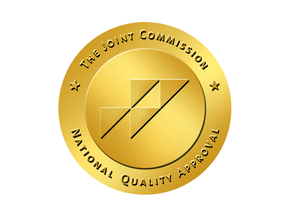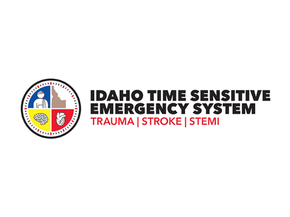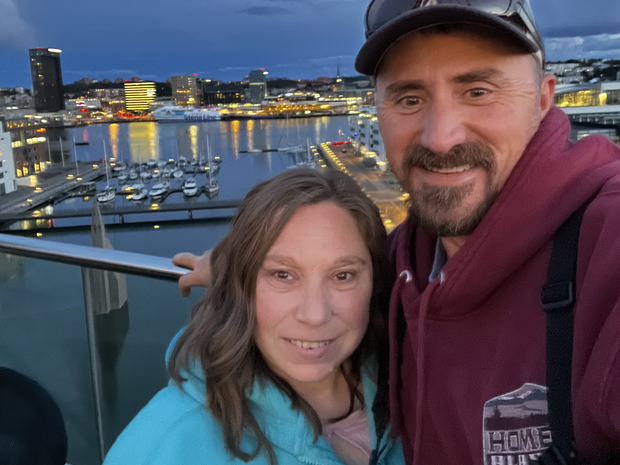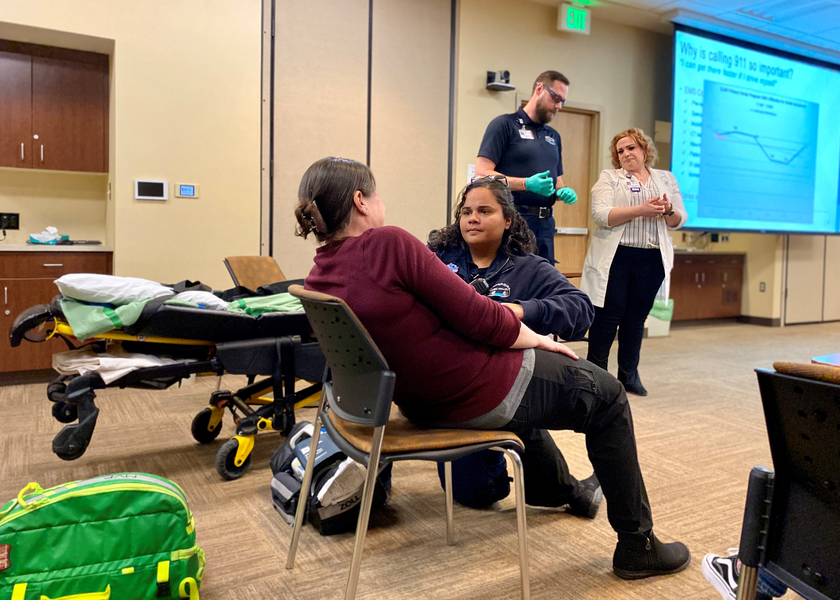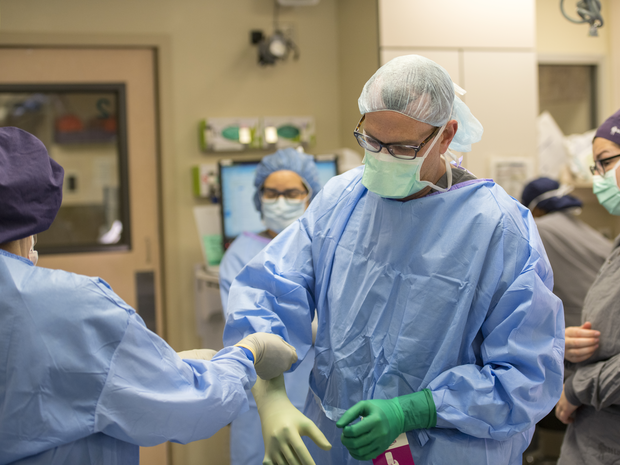Stroke
Treat stroke as quickly as possible to have the best chance for survival and recovery.

Expert Care, Every Step of the Way
Our mission is to help you prevent stroke and recognize stroke in yourself and others when it occurs. In the event of a stroke, the specially trained physicians and nurses at St. Luke’s work closely with emergency medical personnel to provide the most advanced medical treatment available. We offer thrombolytic therapy, a clot-busting medication used to treat some ischemic strokes, as well as around-the-clock access to advanced diagnostic and neurointervention services. And, to support recovery, we offer complete stroke rehabilitation services including physiatry care and physical, speech, and occupational therapy.
Palliative medicine experts are also available to support care planning and help optimize quality of life for you and your family. We'll help you navigate the various aspects of recovery, identify priorities, and collaborate with the rest of the care team to drive toward what matters most to you.
Remember: "BE FAST" in Case of Stroke - Call 911!

B = Balance
Is the person experiencing a sudden loss of balance? Do they lean to one side or stagger when walking?
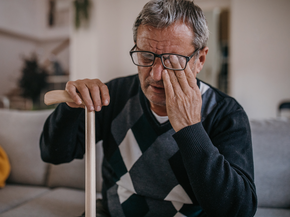
E = Eyes
Has the person lost vision in one or both eyes? Do they have double vision that doesn't go away with blinking their eyes?
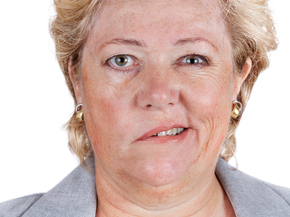
F = Face
Ask the person to smile. Does one side of the face droop?
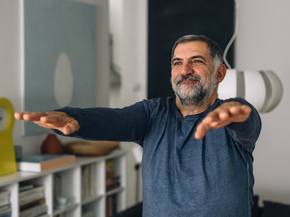
A = Arms
Ask the person to raise both arms. Does one arm drift downward?
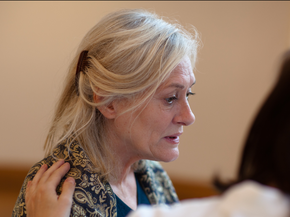
S = Speech
Ask the person to repeat a simple sentence. Does their speech sound slurred or strange?
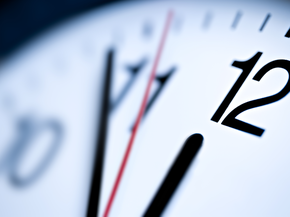
T = Time
Stroke can be very treatable if care is immediate. For each minute a stroke goes untreated, about 1.9 million neurons are lost—seriously affecting speech, memory, movement, and more.

"BE FAST"
If you observe any of these signs in yourself or others, call 911!
Do NOT drive yourself to the hospital.
Stroke Prevention Starts with Awareness

Stroke Risk Factors and Prevention
Everyone should do what they can to reduce stroke risk, especially those with risk factors beyond their control. It’s important that you learn about the lifestyle and medical changes you can make to help prevent a stroke.

Stroke Signs and Symptoms
Immediate medical care is crucial to surviving and recovering from stroke. Knowing the signs and symptoms is the first step to making sure you get help right away.
